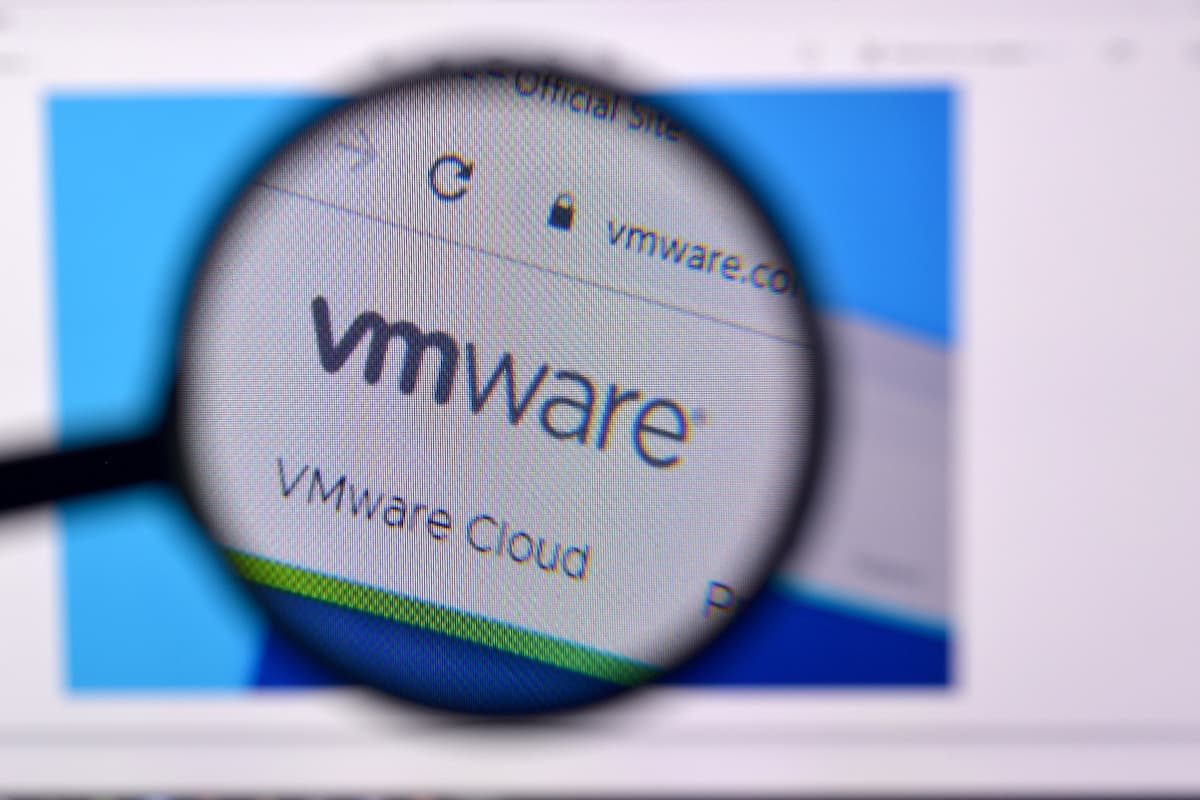The telecommunications giant AT&T accuses Broadcom of jeopardizing national security and essential public services due to a contractual dispute related to VMware.
AT&T has filed a lawsuit against Broadcom, alleging that the chip manufacturer is attempting to breach previously agreed software support contracts for VMware. The lawsuit, filed on August 29 in the Supreme Court of New York County, states that Broadcom is “threatening to withhold essential support services for the perpetual license VMware software previously purchased by AT&T, unless AT&T agrees to purchase hundreds of millions of dollars in subscription software and services, which AT&T does not wish to acquire.”
This conflict arose following the acquisition of VMware by Broadcom in November of last year, for a sum of 61.000 billion dollars. Immediately after the purchase, Broadcom drastically modified VMware’s product lines, going from 8,000 references to just four product packages, and transforming perpetual licenses into subscription models.
The telecommunications giant argues that, according to an amendment signed in August 2022, AT&T obtained the right to renew support services for up to two additional years, under its sole discretion, as long as it did so before the end of the current term. AT&T claims to have exercised this renewal option, at least for one more year, but Broadcom is allegedly refusing to comply with this clause.
Essential services at risk
AT&T emphasizes that Broadcom’s refusal to provide support services could have “disastrous consequences” for the company and, by extension, for public safety and government services. The company states in its complaint that it provides voice, data, and internet services to key entities such as emergency services and the U.S. government, including the President’s Office. The interruption of VMware support could affect the operation of approximately 8,600 servers that provide services to millions of customers.
In addition, AT&T warns that migrating from VMware to another technological platform would not be a quick or simple process. The company estimates that it would take years to implement an alternative solution, further aggravating the potential repercussions if Broadcom ceases support.
A conflict of business strategies
AT&T does not question Broadcom’s ability to change VMware’s business model prospectively. However, what the telecommunications company rejects is Broadcom’s alleged intention to apply these changes retroactively to existing contracts, which had perpetual license conditions.
Broadcom, on the other hand, has defended its position by arguing that the transition to a subscription model is a standard practice in the software industry and that these changes began prior to the acquisition of VMware. A company spokesperson has stated that Broadcom “strongly disagrees” with the accusations and is confident that they will prevail in the legal process.
Extreme price increase
At the heart of the conflict is also a significant increase in costs associated with VMware licenses. AT&T has claimed that Broadcom proposed a 1,050% increase in VMware product costs, a figure that the telecommunications company considers “extreme.” According to an email sent by Susan A. Johnson, AT&T’s Executive Vice President, to Hock Tan, Broadcom’s CEO, this price hike severely impacts the strategic relationship that both companies have maintained for over a decade.
Johnson also noted that AT&T has started exploring alternatives to no longer depend on VMware, although she acknowledges that this process would be costly, with an estimated price between 40 and 50 million dollars. However, Johnson emphasizes that the return on investment would be high due to the high licensing costs that Broadcom is imposing.
The future of the conflict
The New York Supreme Court has given Broadcom a 20-day deadline from the date of the lawsuit to respond to the allegations. Meanwhile, Broadcom has agreed to continue providing support to AT&T until October 9, and a preliminary hearing is scheduled for October 15.
Meanwhile, the outcome of this legal dispute could set precedents on how large technological acquisitions affect preexisting contractual agreements. What is at stake is not only hundreds of millions of dollars, but also the continuity of crucial services that depend on AT&T’s technological infrastructure, which, for now, remains tied to VMware solutions.
References: Arstechnica and Channel Futures.

